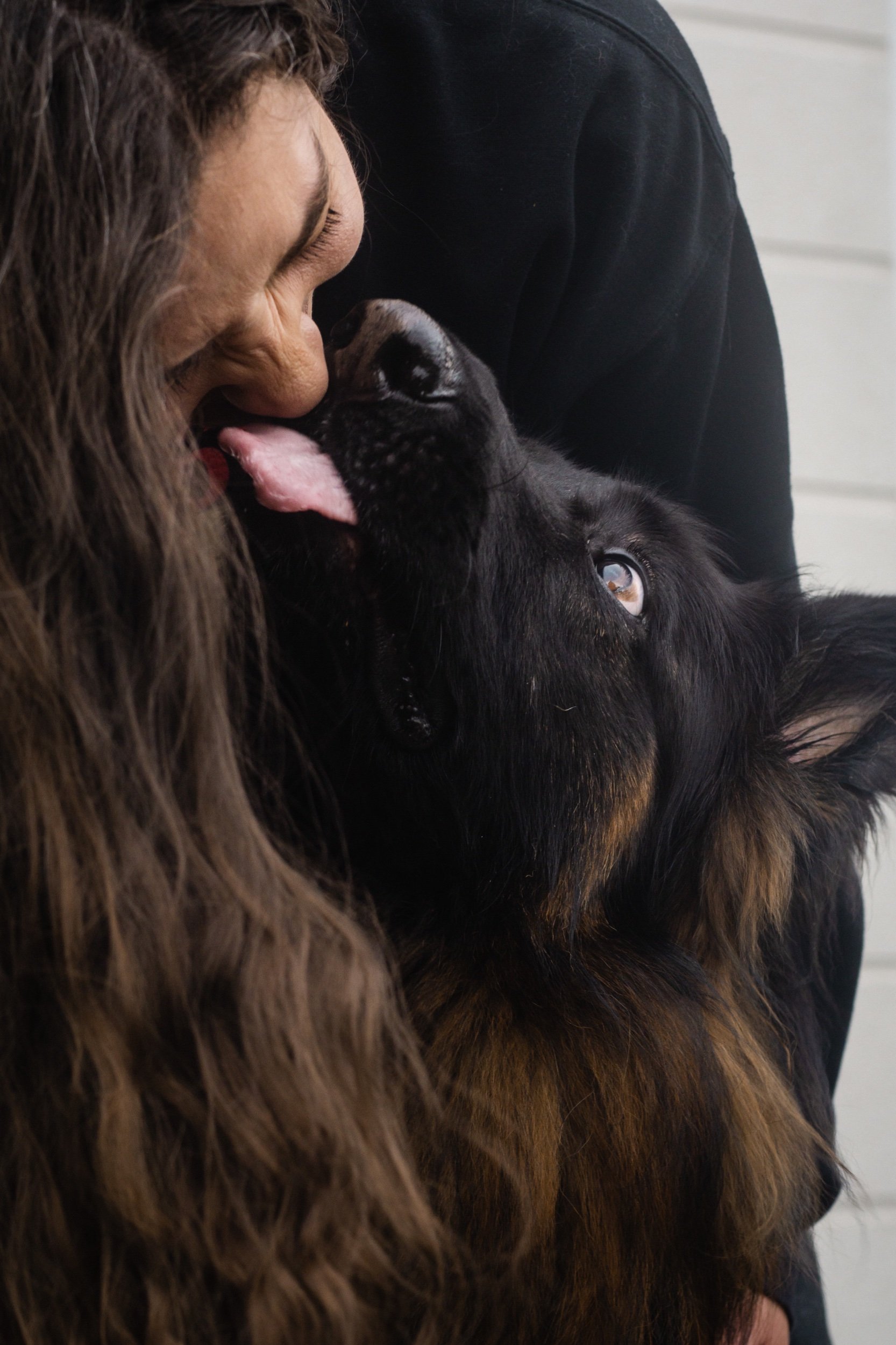
Identifying a Quality Daycare
If you are going to trust your dog at a facility for eight hours or more a day, it’s incredibly important to do your due diligence and ensure that they will not be doing more harm than good. I’ve worked in four daycares over the course of my career; I’ve seen the great, the good, the okay, and the really, really ugly. And unfortunately, you probably wouldn’t be able to tell me which is which simply from a scan of their website - so let’s dig in and find out what questions you can ask to determine whether a dog daycare is worth your time.

Dogs with behavioural issues have not been failed.
As a result, those who turn to the world of social media to find information on how to help their dogs navigate the world might find it difficult to navigate themselves; not just in the form of harmful information that could harm their dogs, but also in relentless shaming for the way they choose to live life with their companion.

Comparison is the Thief of Joy
No one’s journey is the same. Every individual’s behaviour is a unique product of their genetics, environment, past learning history, medical status, and more. We cannot ever predict or dictate how fast overcoming fear ‘should’ happen, and just because it happens quickly for one doesn’t mean it will be the same for another.

Do I Really Need to Suspend Absences?
One of the biggest stumbling blocks when it comes to helping your dog through separation anxiety is this: it is absolutely crucial that you do not leave your dog alone for longer than they can handle while you are training.

Crate Training and Separation Anxiety
“The first thing you need to do is crate train your dog” may be one of the most common pieces of advice you will come across when you are searching for answers for your separation anxiety dog. While obviously well-intentioned and with understandable logic, this advice may actually be some of the most harmful in the industry.

Train The Dog In Front Of You
I think a lot of people don’t realise that force free training (or whatever other label you wish to use - reward based training, welfare driven training, or simply positive reinforcement training) is not simply ‘one’ method. There are hundreds of ways in which we can influence and change behaviour without ever having to use force, fear, discomfort, or pain. Good positive reinforcement trainers do absolutely “train the dog in front of them”, and my aim here is to give you just a few examples of how.

What is Separation Anxiety?
Separation anxiety in dogs can be a complex, debilitating issue. It can make you feel trapped in your own home, put strain on your relationships with your neighbours or landlords, cost a fortune in property damage, or even cause you to need to rehome your dog. To best address a problem of this magnitude, we need to understand it; what is separation anxiety, and what does it look like?

If your puppy cries when you leave, is it “just puppy stuff”?
When you first bring your new puppy home, chances are they’ve spent their entire lives up until this point surrounded by their littermates and their mother. They’ve known constant company and only one home, and then one day, suddenly, all of that familiarity is gone. They are in a brand new environment, removed from everything they know - would you want to be left alone?

“If you come back when your dog cries, they’ll think crying brings you back.”
Yes. Yes they will.
Now let’s talk about why that isn’t a bad thing.

Why is Science Important?
There seems to be an impression that those that take an interest in the research must be bookworms with no real experience, and that if one study does not completely and satisfactorily answer a multi-layered, nuanced question, the conclusions it does draw aren’t worthwhile.

Why I Choose to Train Force Free
The dog training world is a contentious one. Especially in this day and age, social media can easily overwhelm with the amount of conflicting information and trainers loudly proclaiming that they are right while everyone else is wrong. Who you listen to is ultimately your own choice, but allow me to explain why I make the choices I do as a professional.
